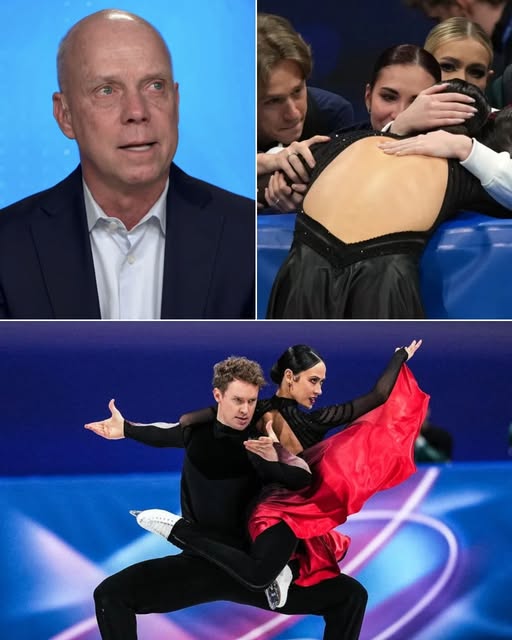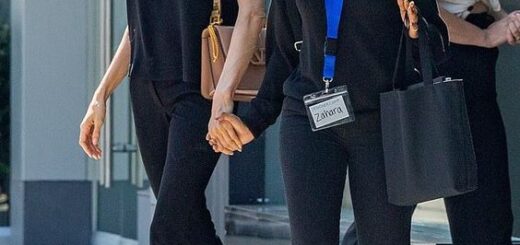“I don’t sing to please politicians, darling. I sing to wake people up.” Barbra locked eyes with her critic. ws
Music icon Barbra Streisand recently made waves with a bold statement that resonated far beyond the stage: “I don’t sing to please politicians, darling. I sing to wake people up.” Facebook+1 In a moment of raw clarity, Streisand locked eyes with a critic and made it clear that her art is not a tool for political flattery—but a call to awareness.
Streisand’s words fall at a time when the relationship between art and politics is under intense scrutiny. Many celebrities and artists face pressure to align with political figures or partisan causes, yet Streisand’s declaration underlined her refusal to concede her voice for mere approval. Instead, she positioned her singing as an act of awakening—an invitation for audiences to reflect, engage, and respond.

What makes the exchange particularly compelling is the directness of her address. To “please politicians” implies performance for power; to “wake people up” implies purpose beyond entertainment. Streisand’s glare at the critic symbolised something deeper: the tension between celebrity and conscience, between being admired and being meaningful. The moment became not just about one song or one remark, but about the stakes of artistry in public life.

The reaction among fans and commentators suggests this was more than a sound-bite. Some saw it as a refreshing stand for creative integrity; others debated whether it was a veiled political rebuke or a broader cultural statement. Regardless, it opened a conversation about how public figures engage with politics—and whether their art becomes muted when it seeks only to please.
In the end, Streisand’s remark serves as a reminder: art has the power to challenge, provoke and awaken. And for an artist of her stature to make such a statement is a reaffirmation that even in a crowded, hyper-mediated world, there is still space for truth with conviction, and voice with vision.


